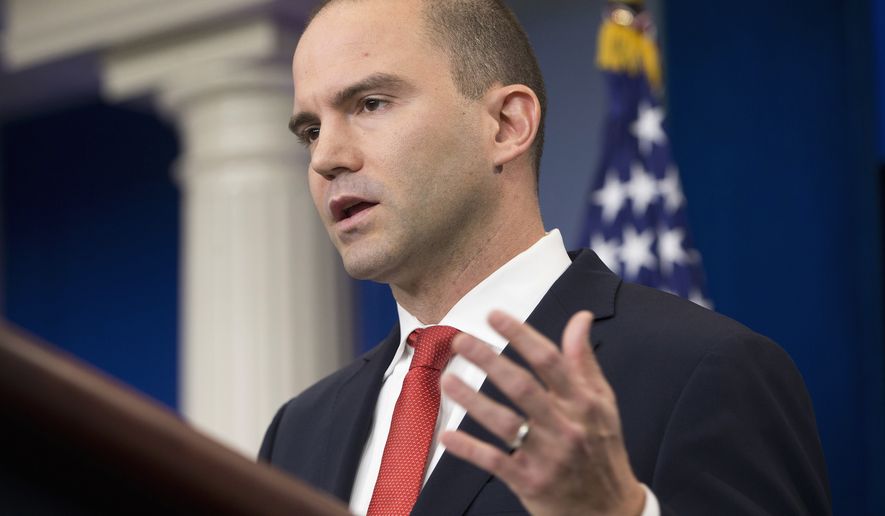A group that the Obama administration saw as a key ally in the push to win support for its Iran nuclear deal also gave $100,000 to National Public Radio in 2015.
A recent New York Times Magazine article featuring Ben Rhodes, one of Mr. Obama’s top foreign policy aides, said a media “echo chamber” was created to control news cycles leading up to the July 2015 deal. A report by the Associated Press released Friday indicates that The Ploughshares Fund was used to help accomplish that task.
“Ploughshares Fund is a global security foundation working to build a safe, secure world by developing and investing in initiatives to reduce and ultimately eliminate the world’s nuclear stockpiles and to promote stability in regions of conflict where nuclear weapons exist,” the group’s website states. AP noted that while outside groups do give money to news organizations, the nexus between Ploughshares Fund, the White House, and NPR is “more unusual, given its prominent role in the rancorous, partisan debate over the Iran deal.”
Ploughshares spokeswoman Jennifer Abrahamson pushed back against AP’s characterization of its efforts on Friday.
“It is common practice for foundations to fund media coverage of underreported stories,” Ms. Abrahamson said, AP reported. “[Funding] does not influence the editorial content of their coverage in any way, nor would we want it to.”
The group has contributed to NPR since 2005, but grants since 2010 have been specifically tied to Iran.
“It’s a valued partnership, without any conditions from Ploughshares on our specific reporting, beyond the broad issues of national and nuclear security, nuclear policy, and nonproliferation,” NPR told AP in a statement. “As with all support received, we have a rigorous editorial firewall process in place to ensure our coverage is independent and is not influenced by funders or special interests.”
Other media outlets Ploughshares has built relationships with include The Guardian, Salon, and the Huffington Post.
• Douglas Ernst can be reached at dernst@washingtontimes.com.




Please read our comment policy before commenting.